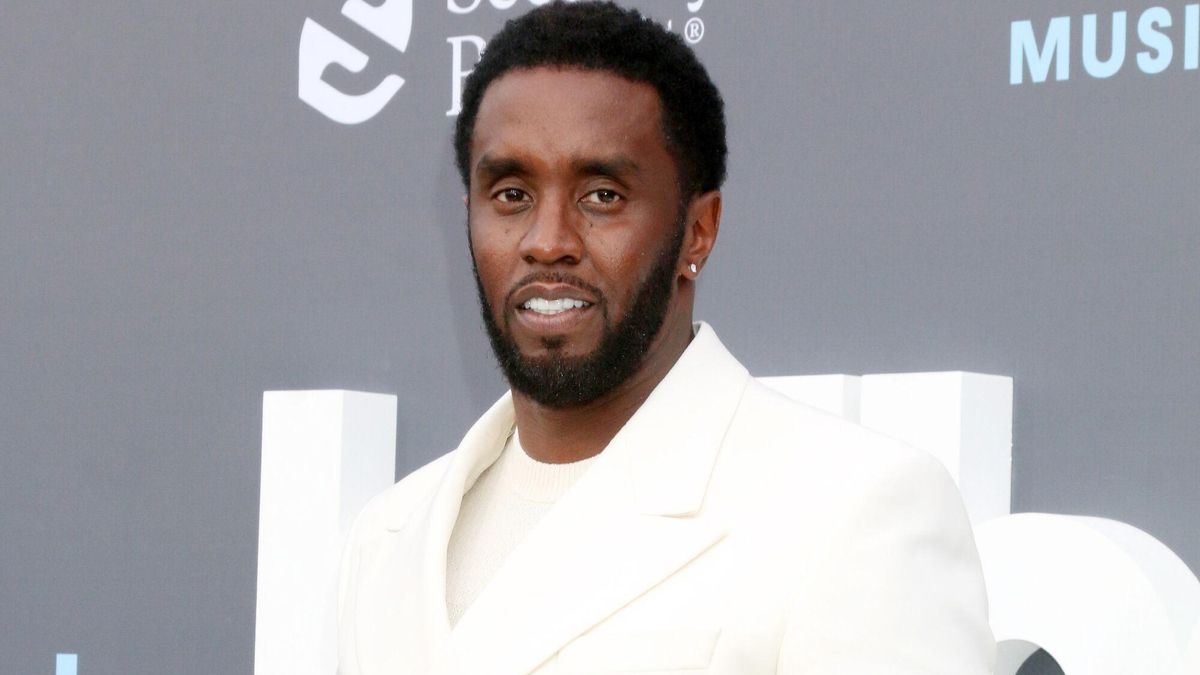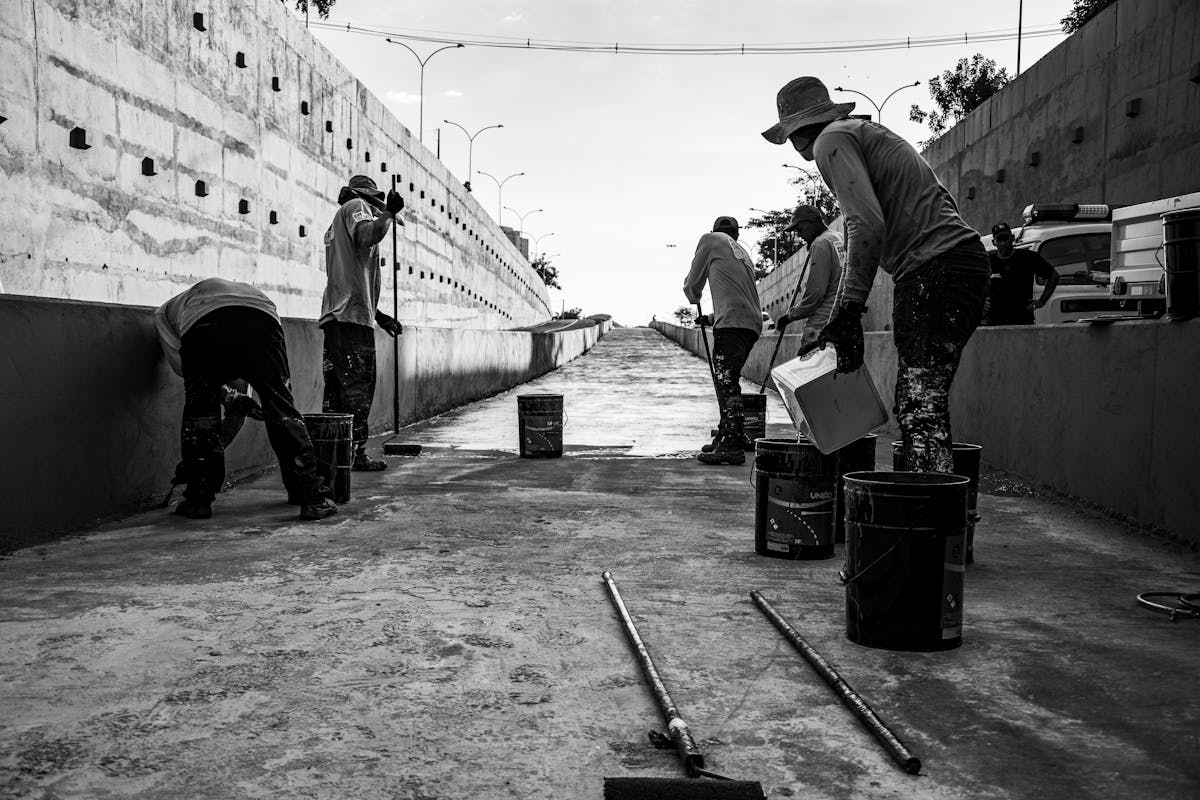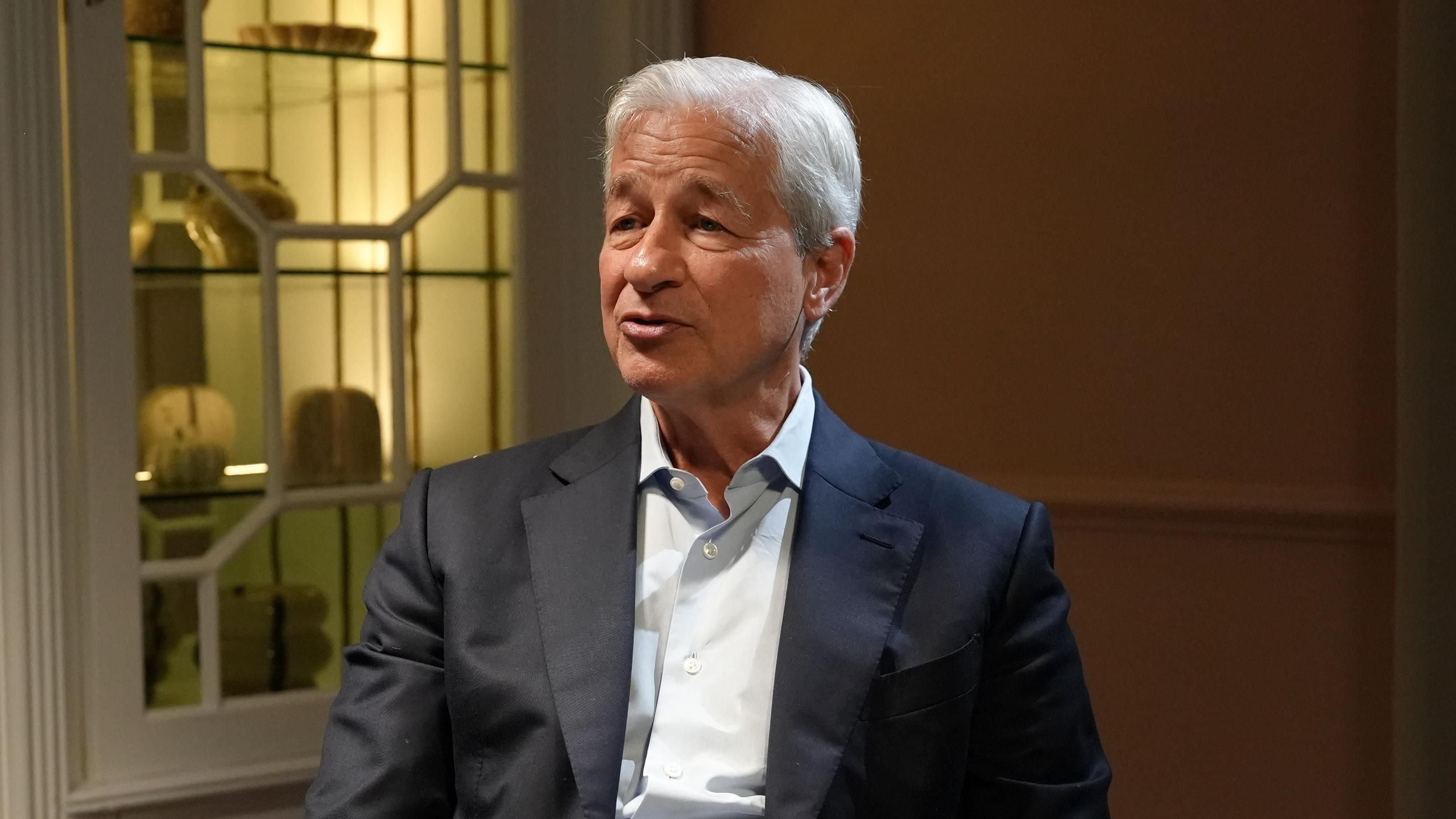Sean “Diddy” Combs, the influential music mogul, entrepreneur, and cultural icon, has long been known not only for his contributions to the entertainment industry but also for his expansive business ventures. However, recent legal challenges have raised questions about the stability and direction of his multifaceted empire. As Diddy faces mounting scrutiny following his conviction, attention has turned to the fate of his business holdings and how these developments could reshape his legacy.
Decades have passed since Combs began his journey, evolving beyond just being a music producer and artist. He constructed a varied portfolio encompassing fashion, spirits, media, and entertainment, which secured him a reputation as one of the most accomplished celebrity entrepreneurs globally. His brand has continuously blended luxury, exclusivity, and an urban insight, becoming a symbol of both creative progress and business acumen.
However, his recent legal troubles have sparked speculation about whether these enterprises can weather the storm of negative publicity and the potential financial and reputational repercussions that accompany a high-profile conviction.
Combs initially gained recognition in the 1990s as the creator of Bad Boy Records, the label that played a key role in kickstarting the careers of artists like The Notorious B.I.G., Faith Evans, and Mase. His impact on the music scene went further than just production and performance; he played a pivotal role in defining the sound and aesthetic of that period. However, his aspirations extended well beyond just music.
One of his most notable business successes came with the launch of his premium vodka brand, Cîroc, in partnership with Diageo. The brand rapidly became a market leader in the high-end spirits category, with Combs serving not just as a promoter but as a strategic partner, earning substantial profits and transforming the image of vodka in urban nightlife. His involvement with Cîroc became a textbook example of how celebrity partnerships could translate into serious business success.
Alongside Cîroc, Combs explored the fashion industry by creating his clothing brand, Sean John. Established in 1998, Sean John rapidly achieved fame and received positive recognition, winning a CFDA Men’s Designer of the Year award and featuring prominently in leading department stores. The brand was once appraised at hundreds of millions of dollars and played a crucial role in integrating hip-hop culture with conventional fashion.
Diddy’s entrepreneurial reach also extended into the media sector with the establishment of REVOLT TV, a music-focused television network aimed at younger, diverse audiences. REVOLT has carved out a niche space in the competitive digital media landscape by prioritizing urban culture, music, and social commentary, positioning itself as a voice for underrepresented communities.
Nonetheless, Combs’ recent conviction has brought a negative light to these business projects. Legal specialists indicate that well-known convictions can have considerable repercussions not only on individual reputation but also on business collaborations. Stakeholders, business associates, and customers might detach themselves to prevent any link to controversy, especially in fields driven by public opinion and brand perception.
In the case of Cîroc, there is already speculation about whether Diageo and other stakeholders will choose to reevaluate their relationship with Combs. Alcohol brands, particularly in the premium segment, are heavily reliant on image and lifestyle marketing. Any damage to the personal brand of a celebrity partner can have cascading effects on product positioning and consumer trust.
Similarly, Sean John, although not as prominent as it was in its heyday, still holds cultural significance and licensing opportunities. Fashion brands, however, tend to be particularly sensitive to scandal, as consumers often view their purchasing decisions as extensions of their personal values and identity.
REVOLT TV, conversely, encounters a more intricate issue. Being a media outlet that frequently addresses matters of social justice, equality, and cultural representation, any link to unlawful actions might jeopardize its trustworthiness with primary viewers. It remains uncertain if the platform can sustain its journalistic autonomy and preserve its standing.
It’s important to highlight that Diddy has previously encountered legal challenges and public examination. Over time, he has navigated lawsuits, controversies, and critiques, frequently maintaining his business ventures untouched. His persistence and knack for self-reinvention have contributed significantly to his enduring success. Nevertheless, this new legal challenge is of a larger scale, and the ongoing effect of continuous controversies might present a more significant risk to the foundation of his empire.
In the corporate realm, the risk associated with reputation is crucial for maintaining ongoing expansion and achieving profitability. Although certain brands may weather short-term issues, continuous harm to their public image can lead to a decline in customer loyalty, reduce trust from investors, and attract heightened oversight from regulatory bodies.
Some industry analysts suggest that Combs’ best course of action may involve stepping back from the public-facing aspects of his businesses, allowing professional management teams to take greater control. By doing so, his ventures could continue to thrive independently of his personal legal challenges. This approach has been employed by other high-profile figures in the past who faced legal or reputational crises but sought to protect their business interests by distancing themselves from direct involvement.
Legal matters also create financial worries. Possible settlements, legal costs, and other liabilities might affect Combs’ personal fortune and, consequently, his capacity to fund or maintain his different businesses. Although the exact numbers haven’t been revealed, experts estimate that his total assets—which include his interests in Cîroc, Sean John, REVOLT, and other businesses—total several hundred million dollars. Maintaining this worth will demand a strategic legal approach and effective public relations efforts.
From a cultural standpoint, the case also invites broader discussions about the relationship between celebrity, accountability, and business leadership. In an era when social values play an increasingly central role in consumer behavior, brands linked to individuals accused of wrongdoing face greater scrutiny and pressure to act decisively.
This scenario might also emphasize the rising demand for openness and ethical behavior from celebrities who have turned their fame into business achievement. Modern consumers tend to prefer brands that resonate with their own values, and they are becoming more inclined to withdraw support from those linked with disputes or unethical actions.
For Diddy’s fans, business partners, and industry observers, the unfolding events represent both a moment of reckoning and a test of resilience. While the full impact of the legal proceedings is not yet known, the outcome will likely shape not only the future of his business empire but also his place in the cultural landscape.
In the coming months, much will depend on how Combs, his legal team, and his business associates navigate this complex situation. Proactive damage control, clear communication, and strategic decision-making will be essential if his ventures are to weather the storm and maintain relevance in an increasingly values-driven marketplace.
Regardless of the final legal outcome, the case serves as a reminder that in today’s interconnected world, the boundaries between personal conduct and business success are more closely linked than ever before. For public figures like Sean “Diddy” Combs, safeguarding both reputation and enterprise requires not only business acumen but also a deep understanding of the social responsibilities that come with fame and influence.





